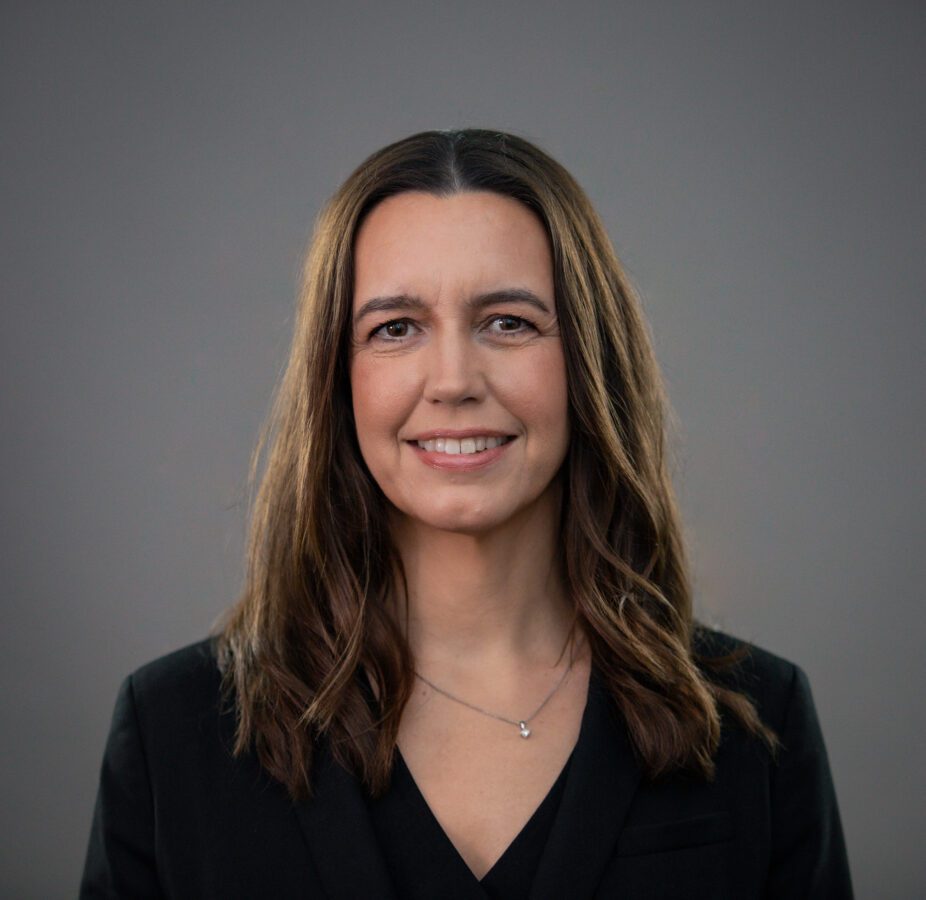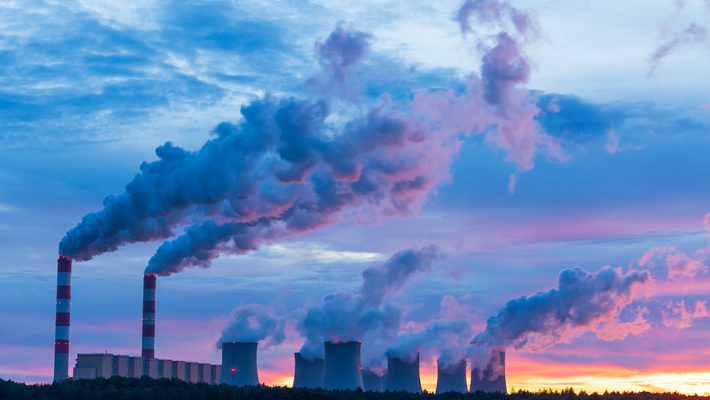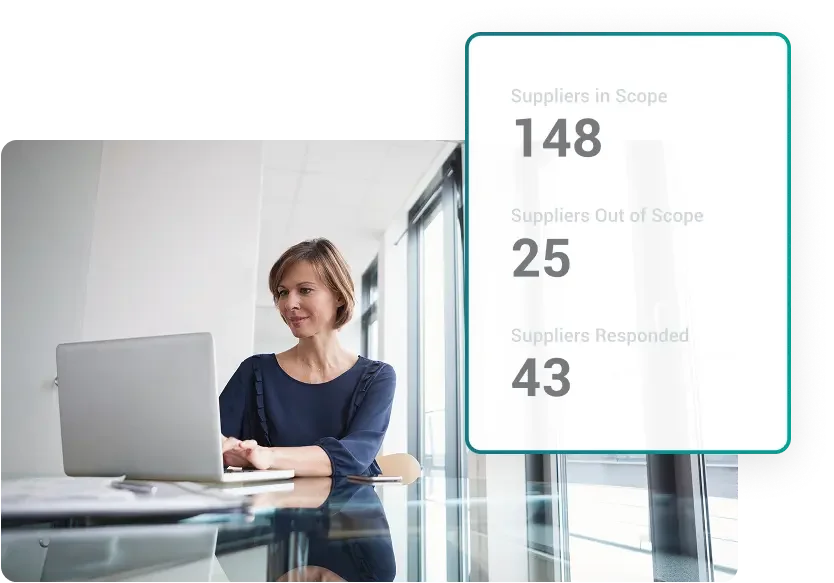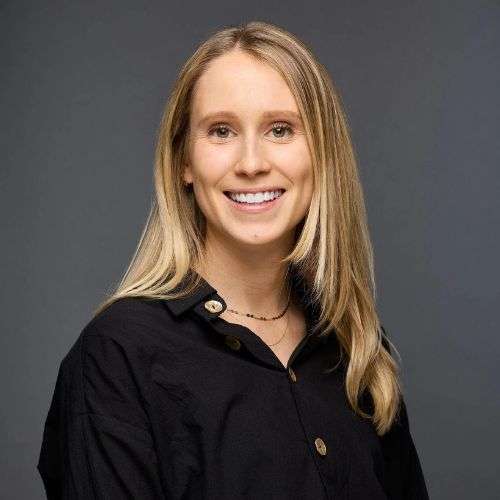Here’s What EU Manufacturers Need to Know
In recent news, Germany has decided to scrap the German Supply Chain Due Diligence Act (LkSG). Additionally, some deadlines and requirements under the Corporate Sustainability Reporting Directive (CSRD) are being pushed back. For some, that sounds like a green light to ease off on supply chain sustainability reporting.
But that would be a mistake. Because while some rules are changing, the bigger picture isn’t. Supply chain sustainability still matters to regulators, your customers, and your business.
Here’s why EU manufacturers can’t afford to hit pause.
1. Yes, the rules are shifting. No, they’re not disappearing.
The decision to repeal the LkSG has made waves.
But even as Germany pulls back, the EU is moving ahead with bloc-wide regulations like the recent “stop-the-clock” omnibus proposal. This may delay reporting for some companies, but the requirements haven’t been dropped — they’re just reframed.
And then there’s the Carbon Border Adjustment Mechanism (CBAM), which is already in motion. Right now, importers of certain goods (like aluminum, steel, cement, and fertilizers) must file quarterly emissions reports. Starting in January 2026, importers will have to buy CBAM certificates that cover the “embedded” carbon emitted during production, unless they can prove with third-party-verified, supplier-specific data that the real emissions for each shipment are lower than the EU’s default factors (or that an equivalent carbon price was already paid in the country of origin).
Learn how to prepare for CBAM by reading our CBAM timeline infographic.
So no, regulatory pressure isn’t easing up. It’s getting more targeted, more complex, and harder to ignore.
2. Even if you’re not legally required to comply, your customers still expect data.
Here’s what hasn’t changed: Buyers care about sustainable supply chains. A recent study by the JARO Institute found that 82% of companies cite customer expectations as the primary reason they invest in sustainability, above any regulation or fine.
That means even if CBAM and the CSRD don’t apply to your company directly, you might still need to report because your customers are asking for it. More and more, B2B buyers are making supplier sustainability a condition of doing business. You may not be legally in scope, but your customers are, so if you can’t supply the data they need for their reports using CBAM software, you’re risking lost contracts.
3. Proof matters, especially at the border.
In this new environment, claims of compliance aren’t enough. You need evidence.
CBAM is a perfect example. By 2026, importers will need to submit emissions data verified down to the CN code and part levels. If you can’t provide it, your products may face extra costs or get held up at customs.
The EU Deforestation Regulation (EUDR) is another wake-up call. Importers will soon need to submit detailed, documented supply chain due diligence before their goods can even enter the EU, and keep that data on file for five years. The message is clear: If you don’t have the right documentation, you don’t have access.
The same goes for preferential tariffs under free trade agreements. If you want reduced rates, you’ll need supplier declarations and certificates to prove origin. Without them, you face higher duties and bigger headaches.
How Assent Helps You Stay Ahead
The rulebook keeps changing, and staying on top of every new requirement can feel impossible. Yet the market is clearly moving toward greater transparency and accountability, and if you don’t keep up, your competitors will outpace you.
That’s why a comprehensive supply chain sustainability solution is your best bet. Assent’s AI-enabled platform pulls the right data from suppliers fast, guides them on exactly what to submit, and keeps every file audit-ready as regulations evolve, so you stay compliant and protect your bottom line.
Book a demo with our team to get started.








